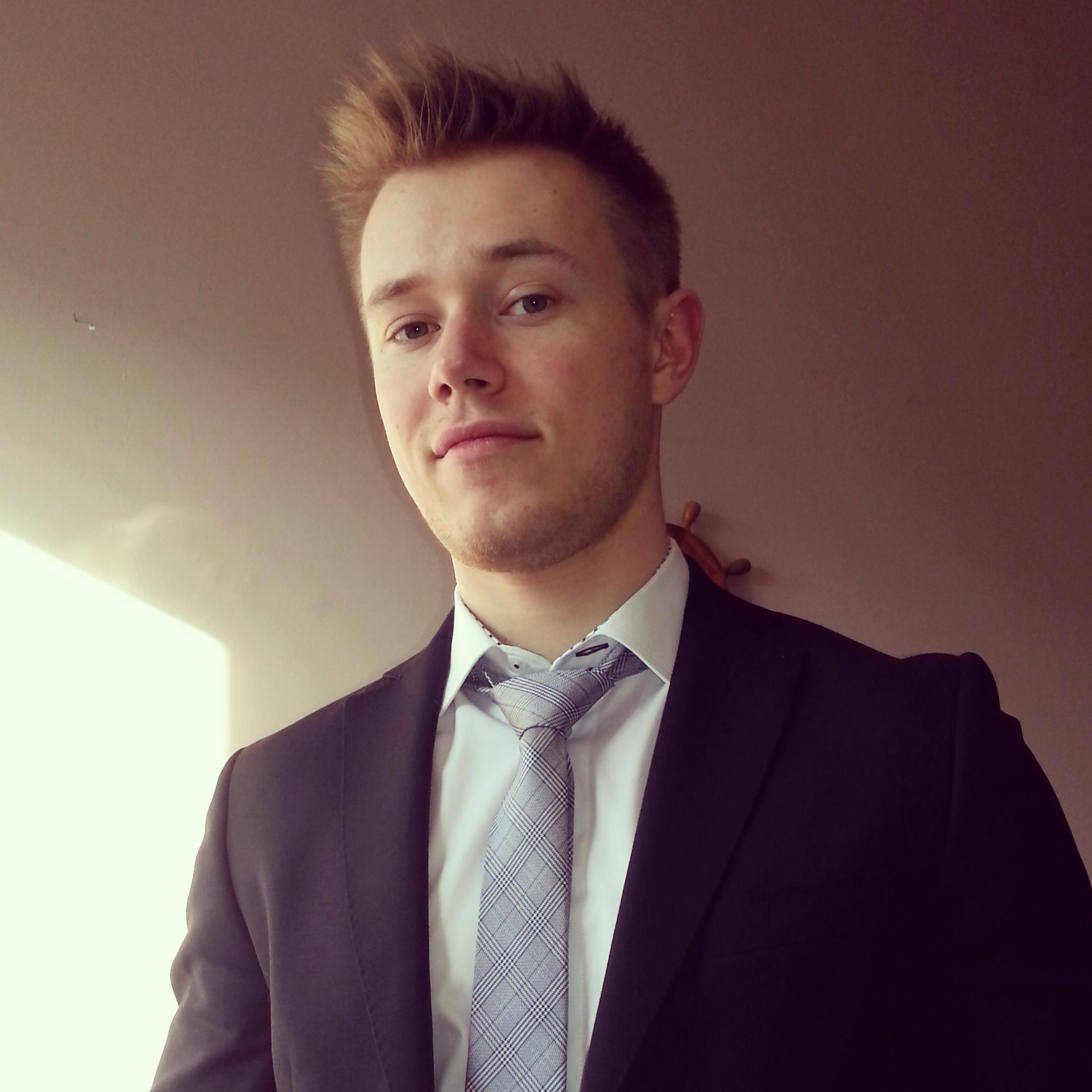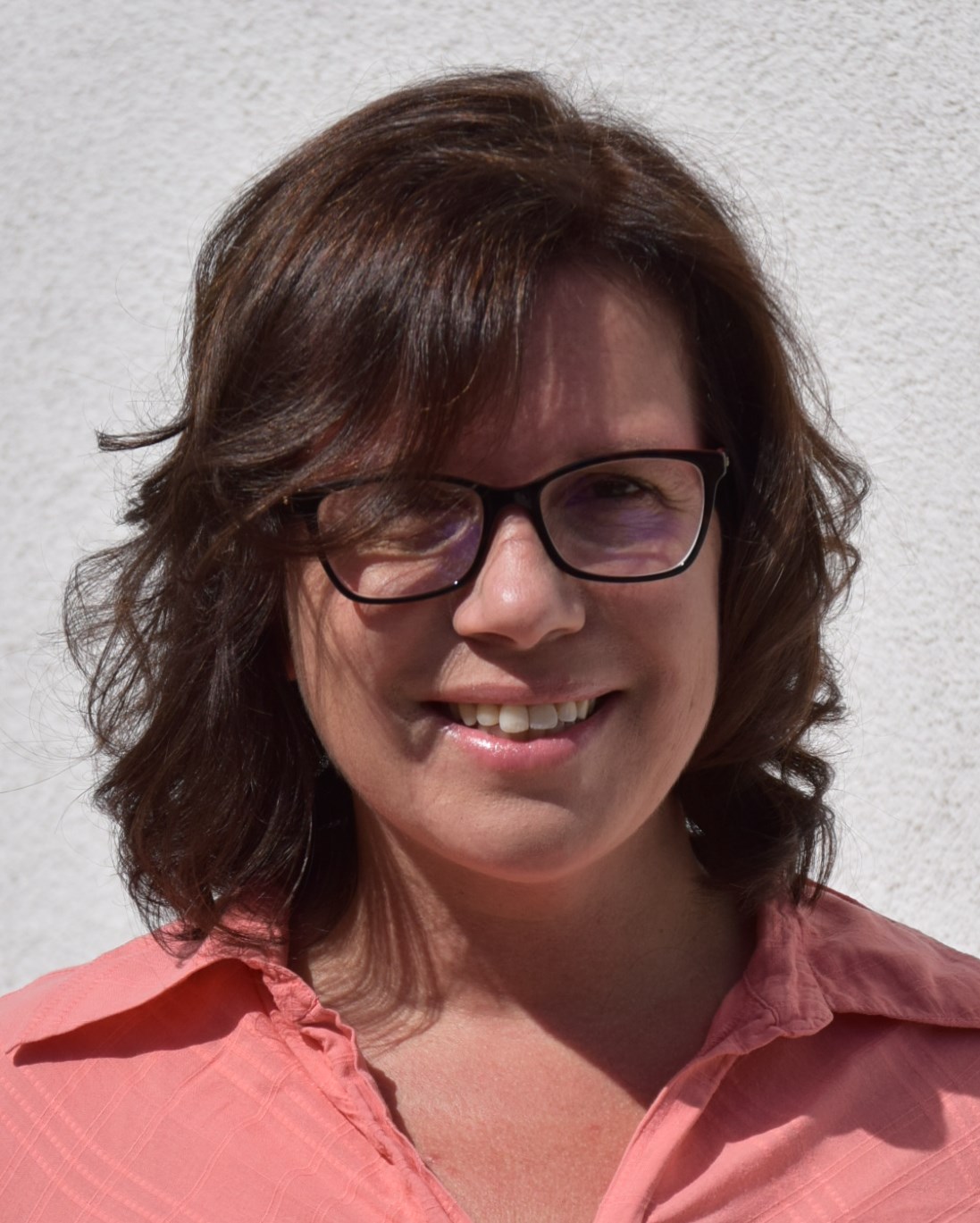Description for the general public
The vast majority of phenomena in the world around us remain out of equilibrium.
This applies to systems where natural processes occur, like chemical reactions, epidemic spreading, or intraspecific competitions,
as well as systems with processes driven by humans and certain legal, cultural, or social regulations,
among which we can list exchange quotations, traffic flows, or diffusion of innovations.
In general, all processes in which a macroscopic flow of a certain quantity appears are considered to be out of equilibrium.
Although such phenomena show up so commonly, they are poorly understood since their description lies beyond classical thermodynamics.
This research aims to deepen our knowledge in this area by studying simple models of opinion dynamics.
Despite a rich variety of phase transitions, there are only two types of them according to the modern classification -
continuous, often called critical, and discontinuous.
The former are particularly interesting due to power laws which emerge at critical points and consequently scale-invariant phenomena.
In equilibrium, the nature of these transitions depends primarily on the dimensionality of space and the order parameter.
All other features of the system, such as its microscopic structure, become in some sense irrelevant.
This amazing property of critical phenomena is called universality.
Thanks to the universality, we can divide all phase transitions into several classes so that near a critical point, models within one group exhibit the same macroscopic behaviour.
Unfortunately, it is more difficult to classify non-equilibrium phase transitions since they may contain additional degrees of freedom.
We hope to identify details of the models that affect this universal behaviour.
Traditionally, phase transitions and critical phenomena have been analysed on regular lattices.
However, these simple structures cannot fully capture the complexity of many real world systems, and this is where complex networks come into play.
Complex networks may represent a wide variety of systems - from power grids and transportation frameworks, through metabolic chains and biological dependencies, to the Internet and social structures.
We plan to analyse their influence on the models.
Objectives
The research aim is to identify details of non-equilibrium models that impact the critical behavior of a system. In particular, the project addresses the following questions:
- What are the features of complex networks that influence the behavior of models remaining out of equilibrium?
- How do quenched and annealed disorders impact non-equilibrium phase transitions and universal properties of a system?
- Does the direction of information flow matter in non-equilibrium models?
- How robust are universality classes to structural and updating scheme modifications?

